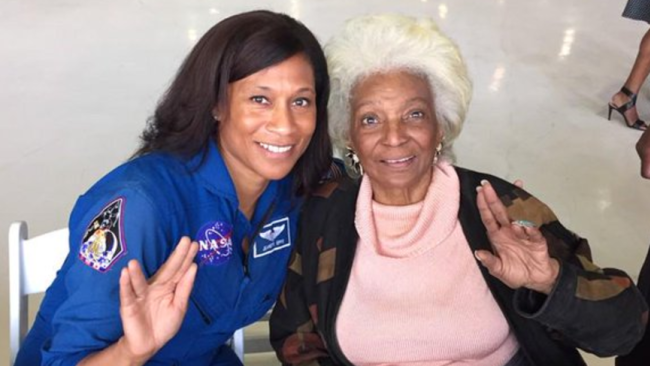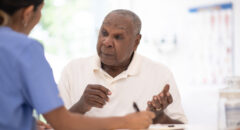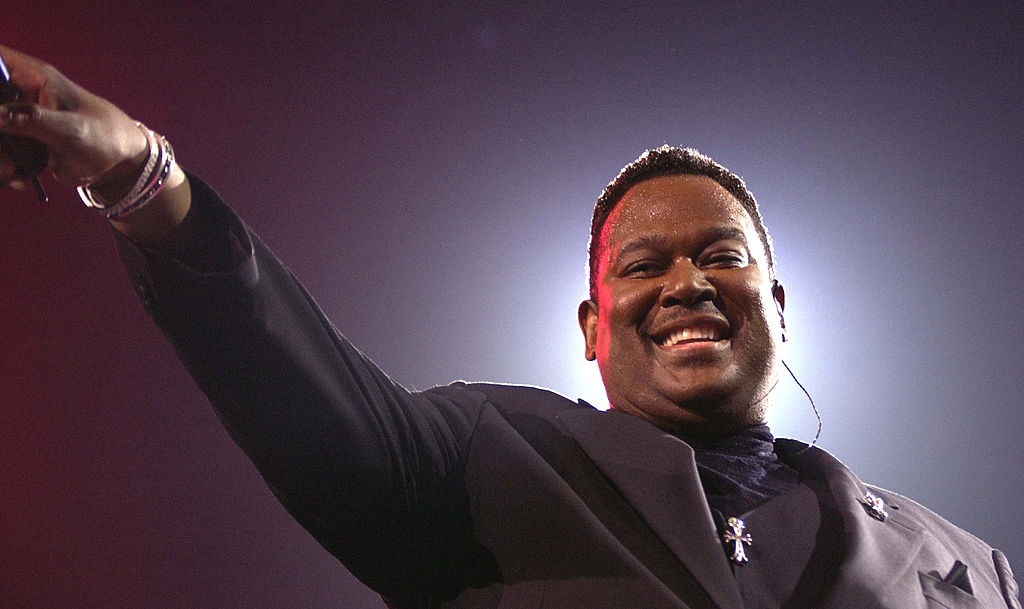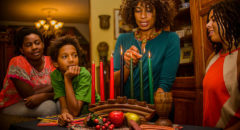
The astronaut, Jeanette Epps, will be headed up to the station under the command of veteran astronaut Andrew Feustel in 2018.
“Each space station crew brings something different to the table, and Drew and Jeanette both have a lot to offer,” said Chris Cassidy, chief of the Astronaut Office at NASA’s Johnson Space Center in Houston. “The space station will benefit from having them on board.”
While previous African-American astronauts have been part of space shuttle missions, Epps, whose training includes the Russian language so that she will be able to speak with the other people on the ISS, is the first African-American to be part of the space station.
It might seem like she is coming out of nowhere, but actually Ms. Epps has seemed to excel at just about everything all her life.
She was selected as an astronaut in 2009, in NASA's 20th astronaut class. She was one of nine selected out of 3,500 applicants. The New York native was a NASA Fellow during graduate school and authored several journal and conference articles. Dr. Epps worked for Ford Motor Company where she received both a provisional patent and a U.S. patent. After leaving Ford, she joined the Central Intelligence Agency (CIA) as a Technical Intelligence Officer before becoming an astronaut. Yes, the CIA too!
The training for her upcoming space flight include scientific and technical briefings, intensive instruction in International Space Station systems, spacewalk training, robotics, T-38 flight training and wilderness survival training.
"If something breaks, anyone of us will have to be able to go out the door," she said. "We have to be jacks of all trades. It's not a job that's like any other."
Epps was inspired to become an astronaut when her older brother came home to visit from college at the Rochester Institute of Technology. He was impressed by her and her twin sisters' grades and told them they could become aerospace engineers or even astronauts.








